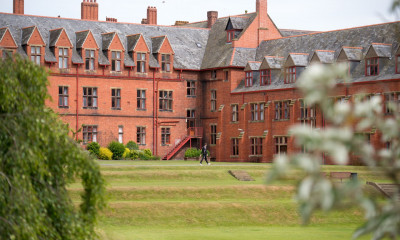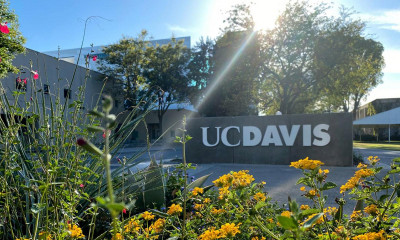Federal budget invests in the future of young Australians
Jun 22, 2021Federal budgets usually provide investments for early education and childcare, as well as for mental health. Few days ago, there was an announcement according to which treasurer committed to $1.6 billion in preschool funding that will give children a chance to attend pre-school classes for 15 hours per week. According to PWC research this investment will double the economy of Australia in future due to these children. It will also help address the mental health problems from the pandemic affecting many young people. Dedicated mental health initiatives for 12-25-year-olds received $278 million in funding and early intervention programs for children under 12 years of age received a further $100 million.
These investments are a strong basis from which to build reform in childcare, their learning and mental health. In addition to this, government approved a commitment to social spending on children and young people in four cases: early education and childcare, employment, mental health and disaster recovery and resiliency. According to this commitment additional $1.7 billion was invested for early education and child needs about 3 years. The $1 billion “Job Trainer” program was developed for 17–24-year-olds in order to increase employment opportunities for young people by focusing to provide various trainings. UNICEF Australia will continue to emphasis the importance of separating this from Youth Allowance that support young people’s wellbeing. $2.3 billion was invested to treatment centers and suicide prevention to help with mental issues and also $600 million allocated to the schools to recover from disaster, including mental health support after natural disasters.
The announcements are especially important to kick start the essential reform that is required. In order to realize these investments is needed to elevate children’s policy as a national priority. These funds will help to ensure every Australian child’s future and realize their potential and personality. According to PWC research this investment will double the economy of Australia in future due to these children. It will also help address the mental health problems from the pandemic affecting many young people. Dedicated mental health initiatives for 12-25-year-olds received $278 million in funding and early intervention programs for children under 12 years of age received a further $100 million.
These investments are a strong basis from which to build reform in childcare, their learning and mental health. In addition to this, government approved a commitment to social spending on children and young people in four cases: early education and childcare, employment, mental health and disaster recovery and resiliency. According to this commitment additional $1.7 billion was invested for early education and child needs about 3 years. The $1 billion “Job Trainer” program was developed for 17–24-year-olds in order to increase employment opportunities for young people by focusing to provide various trainings. UNICEF Australia will continue to emphasis the importance of separating this from Youth Allowance that support young people’s wellbeing. $2.3 billion was invested to treatment centers and suicide prevention to help with mental issues and also $600 million allocated to the schools to recover from disaster, including mental health support after natural disasters.
The announcements are especially important to kick start the essential reform that is required. In order to realize these investments is needed to elevate children’s policy as a national priority. These funds will help to ensure every Australian child’s future and realize their potential and personality.



